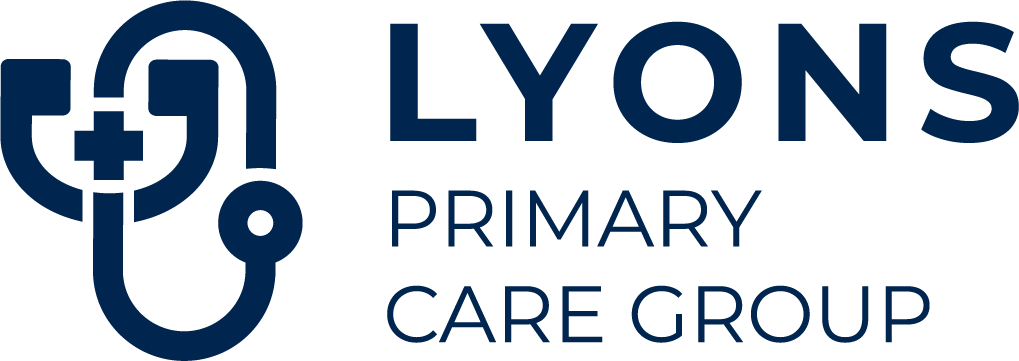URINARY INCONTINENCE
SECTION CONTENT
Overview
Recommended Reading
Our Services
Treatment
Overview
Urinary incontinence – the loss of control over one's bladder or bowels – affects millions of adults. It can happen due to stress, such as when sneezing or laughing, or due to an urge that’s so strong you don’t get to a bathroom in time. Infection, pregnancy, and certain diseases can also cause incontinence. While the condition can significantly influence one’s quality of life, it is manageable through various methods.
Every year, countless individuals suffer in silence, reluctant to seek help out of embarrassment or belief that incontinence is an inevitable part of aging. Many are unaware that with the right help and treatment, they can regain control and enjoy life unrestricted.
Recommended Reading
Urinary incontinence in adults can be linked to several health issues. The most common problems include:
Urinary Tract Infections (UTIs) These can irritate your bladder, causing strong urges to urinate.
Constipation The rectum is located near the bladder and shares many of the same nerves. Hard, compacted stool can cause these nerves to be overactive and increase urinary frequency.
Nerve Damage Damages to the nerves that control the bladder from diseases like multiple sclerosis or Parkinson's can lead to urge or overflow incontinence.
Prostate Problems In men, incontinence can be related to an enlarged or removed prostate.
Pregnancy and Childbirth Pregnancy can increase pressure on the bladder leading to stress incontinence. Additionally, damage during childbirth can result in a prolapsed pelvic floor, making it more difficult to control the bladder.
Menopause In women, declining estrogen can lead to the thinning of the bladder lining and increase incontinence.
Obesity Additional weight can increase pressure on the bladder and surrounding muscles, weakening them and leading to leakage when coughing, sneezing, or lifting heavy objects.
Depending on your health and the severity of your incontinence, your doctor might suggest different treatments, from bladder training to medication, or even surgery.
Our Services
At Lyons Primary Care Group, we offer tailored plans to manage and treat incontinence. We look at your lifestyle, the severity of your incontinence, and your medical history to create a plan that suits your specific needs and goals.
Treatment
Access to effective prescription medications is key in managing incontinence. Our providers carefully evaluate your health to recommend safe and effective medications, such as:
Mirabegron (Myrbetriq)
Oxybutynin (Ditropan XL, Oxytrol)
Solifenacin (Vesicare)
Trospium
Continuous monitoring is a part of our approach, with adjustments made as necessary to ensure the best outcomes while maintaining the highest health standards. We work with you to design a plan that easily integrates into your life, enhancing your comfort and confidence.
Medications can play a key role in treating incontinence, but some drugs can cause significant side effects. That's why it's advised to see a qualified health care provider who can prescribe the right medications for you.
Lyons Primary Care Group’s health care specialists have reviewed this content for educational purposes. It's not meant to replace your doctor's advice. Please discuss any questions or concerns with your provider.

